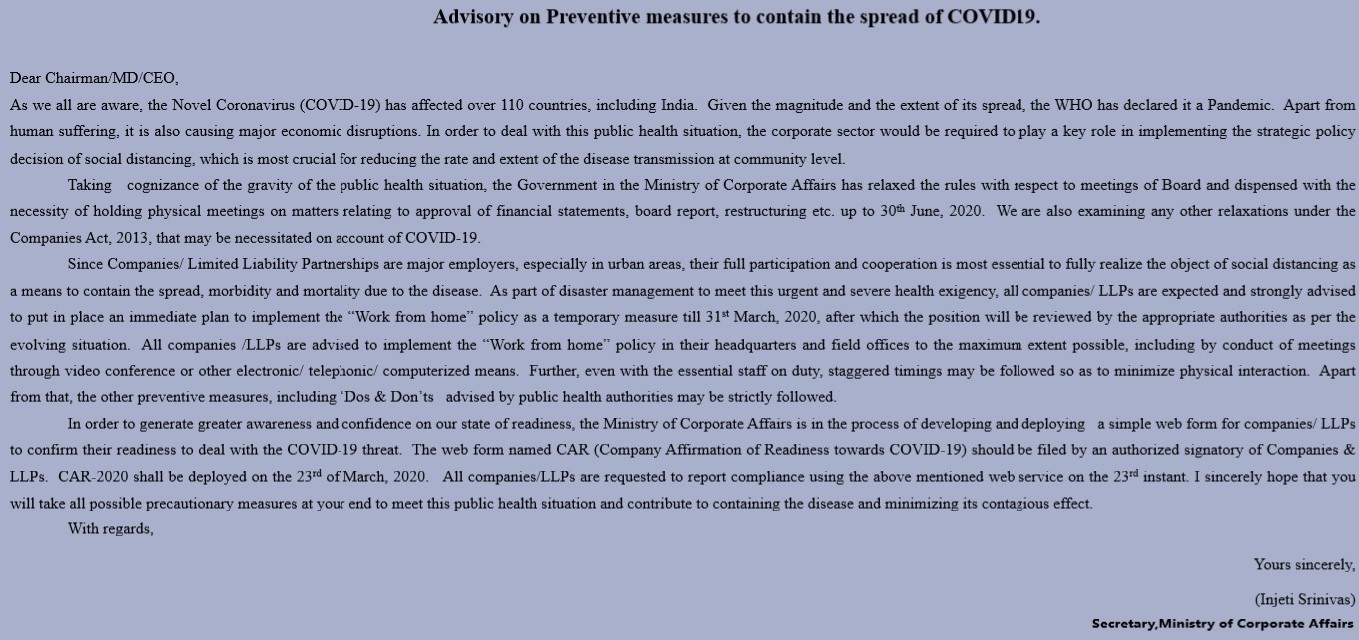
The government has amended the Foreign Direct Investment (FDI) policy to discourage opportunistic investment in Indian companies by neighbouring countries in the midst of the Coronavirus pandemic.
This comes after China’s central bank recently raised stake in Housing Development Finance Corporation (HDFC) to a little over 1 percent.
As per the new amendment, FDI investments into Indian companies from the neighbouring countries will now require a nod from the government. This will be applicable to all countries that share a land border with India – such as China among others.
The amendment specifies that transfer of ownership of Indian companies arising out of FDI investments from neighbouring countries will now also be subject to government approval.
Similar FDI restrictions were earlier placed on Pakistan and Bangladesh.
These changes were notified via a Press Note by the Department for Promotion of Industry and Internal Trade (DPIIT).
As per the note, “Government has reviewed the FDI policy for curbing opportunistic takeovers or acquisitions of Indian companies due to the current COVID-19 pandemic.”
The note states: “A non-resident entity can invest in India, subject to the FDI Policy except in those sectors/activities which are prohibited. However, an entity of a country, which shares land border with India or where the beneficial owner of an investment into India is situated in or is a citizen of any such country, can invest only under the Government route.”
“Further, a citizen of Pakistan or an entity incorporated in Pakistan can invest, only under the Government route, in sectors/activities other than defence, space, atomic energy and sectors/activities prohibited for foreign investment,” it said.
“In the event of the transfer of ownership of any existing or future FDI in an entity in India, directly or indirectly, resulting in the beneficial ownership falling within the restriction/purview of the mentioned sectors, such subsequent change in beneficial ownership will also require Government approval,” it added.
The decision will take effect from the date of Foreign Exchange Management Act (FEMA) notification.
Earlier, reports said that market regulator Securities and Exchange Board of India (SEBI) was monitoring equity transactions in India by Chinese companies and banks. Such transactions have come under the scanner at a time when the share prices of companies have dropped due to the economic impact of the coronavirus pandemic.
Globally, transactions by Chinese firms and institutions have come under scrutiny recently since the assets are being purchased at low valuations. Nations such as the US, Japan and Australia have already placed restrictions on Chinese companies buying assets.
Source:Amendment of FDI Policy






 First 15 features (1-15 points) as PART-I:-
First 15 features (1-15 points) as PART-I:-